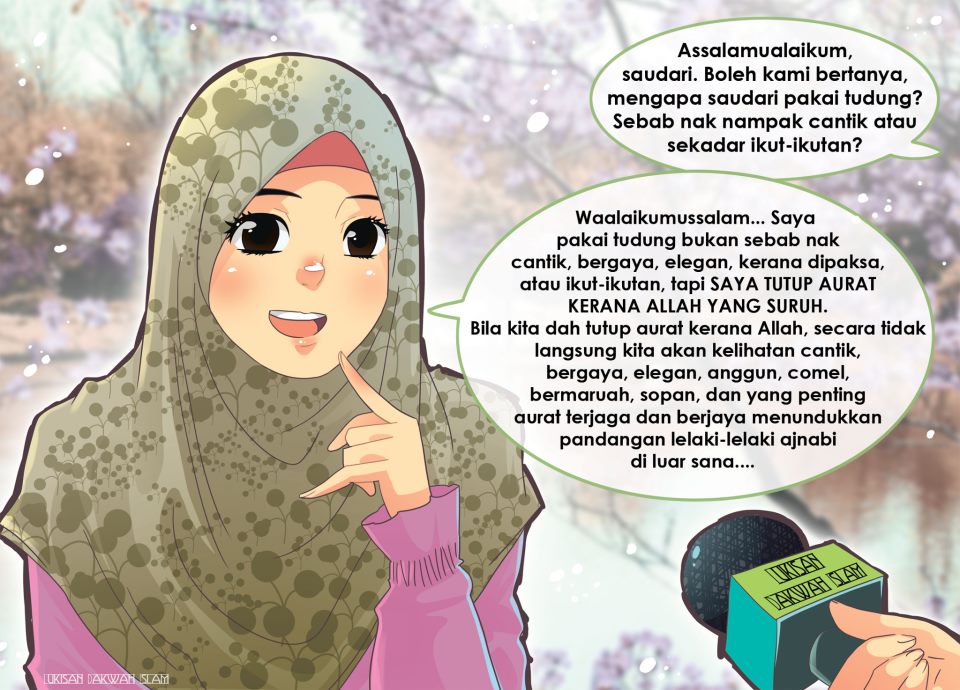Semra Çelebi’s Facebook page “I took off my hijab” shares her decision to remove her headscarf after 16 years of wearing the hijab. According to Çelebi, the page was created “to gather stories and experiences of all those women around the world who stepped out of their traditional social environment and chose to live their own lives” and is dedicated to “all those women who struggle and have struggled to live their own lives.” Both statements, inclusive and nonsectarian as they are, support Çelebi’s avowed opinion that all women should have freedom to choose. She is clear that her decision to remove the hijab was an individual one, and that her page is not intended to campaign for other Muslim women to follow her example.
For some who have commented on the page, this distinction makes little difference. Çelebi has received negative, hostile and patronizing responses, as well as more ambivalently phrased comments, many of which question the need for her to share her experiences publicly, citing anxiety about inviting anti-Islamic sentiment. For example this comment:
I respect your choice of not wearing hijab, though I regret it. And I’m sure you can still dress properly without wearing it and live your life in a well-mannered way. But your way of life is not mine or anyone else’s. That’s why I wonder: why do you need to discuss this? This way you’re inviting non-Moslems and bad Moslems to think bad about your religion. Go on with your life, don’t wear hijab if you don’t want to, don’t let anyone dictate your life, and be a good Moslem like you want to, but just stop this lame page. Let other women decide for themselves.
The reactions Çelebi has received answer the commentator’s question above. Why does Çelebi need to discuss this? Is she contradicting herself in stating that this is an individual, private decision, and then proceeding to set up a public platform for it? I can’t comment on Çelebi’s own aims for setting up this page, so I can’t address the “attention-seeking” claim, but I think if there is a contradiction, it is more evident in the mixed bag of ambivalent and defensive responses to her page.
Some of the commentators seem to take offense not at Çelebi’s act, but at her publication of it, as though stating, “I took off my hijab” is an infectious form of apostasy. Clearly, Çelebi’s experience and the reactions her page has generated show that this is a topic that needs to be discussed more openly. Her Facebook page has now become something of a platform for that discussion, with 652 members in the group, among them many hijab-wearing women. Some of these women are hostile to her choice, others empathize with Çelebi, and have shared similar feelings of being unconvinced yet pressured into wearing the hijab, while still others disagree with her decision but support it as a personal decision.
Unfortunately, coverage of Celebi’s page overlooks these various positions in taking the standard oppositional approach, underscored by that dash: “I took off my hijab – and they didn’t like it.” Whoever “they” are, Çelebi’s not one of them. She has emerged from the mass. Ironically, for both the hostile and the admiring, Çelebi’s act of removing a piece of cloth seems to strip her of being “Muslim.”
Çelebi didn’t write, “I turned my back on Islam.” She wrote, “I took off my hijab.” Yet her page is being manipulated: on the one hand, by those who see her choice as a betrayal of Islam, and on the other hand by those who celebrate it as an escape from Islam. This only highlights the dangerous superficiality of identifying the headscarf so deeply with religion. We don’t have to devalue the hijab or the Muslim women who choose to wear it to remember that even the most religious agree that wearing the headscarf is not one of the five pillars of Islam. Islam extends far beyond a piece of cloth.

